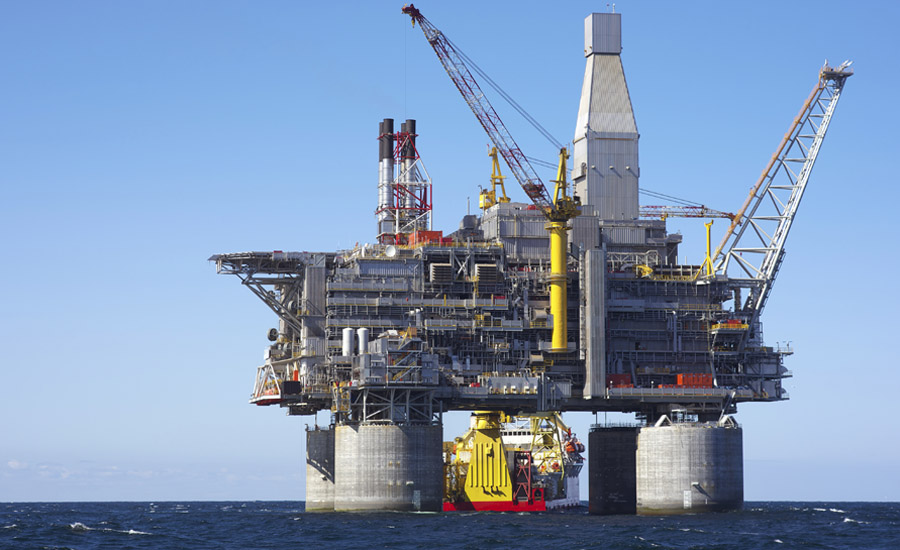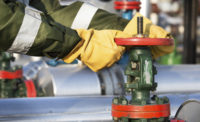One of Alaska's biggest oil producers—BP—has announced it is selling all of its Alaska operations to Hilcorp, a privately-owned company with a troubled safety and environmental track-record.
The $5.6 billion sale includes BP's stakes in the Trans Alaska Pipeline and the Prudhoe Bay oil field, one of the nation's largest and once its most productive oil field, which BP currently operates.
Hilcorp is a relatively new player in Alaska's oil and gas industry. The Houston-based company's business strategy has been to purchase older oil and gas fields and try to make them profitable—a track-record experts say it hopes to repeat with its new acquisitions.
Since entering Alaska in 2012, Hilcorp has rapidly expanded across the state, from the underwater gas fields in Cook Inlet to the oil fields along the North Slope.
In the process, it has amassed a long list of safety and environmental violations. Among the most egregious incidents: three workers were nearly killed in an accident in 2015; a methane leak from an underwater pipeline was not stopped for months in 2017; and in late 2018, an oilfield worker was killed at Milne Point on the North Slope.
The company's litany of violations led to unusually strong language from state regulators, who wrote in a letter to Hilcorp in 2015 saying that a disregard for regulatory compliance was "endemic to Hilcorp's approach to its Alaska operations," and that "Hilcorp's conduct is inexcusable."
The sale also includes BP's 50 percent share in the Liberty Project, an ambitious plan to construct a gravel island five miles off Alaska's northern coast for drilling rigs and production facilities. A reservoir there holds an estimated 150 million barrels of oil, but the project has proven to be more complicated and costly than BP expected when it began the permitting process two decades ago.
That project is awaiting final permits related to its oil spill contingency plan. According to the Liberty Development and Production Plan submitted by Hilcorp in 2014, a worst-case accident there could initially spill more than 90,000 barrels a day into a remote location that is covered with ice most of the year.
With the sale, Hilcorp also assumes BP's shares of several pipelines, including 49 percent ownership of the Trans Alaska Pipeline System, and of other oil fields. Hilcorp did not respond to a request for comment.
BP is selling its Alaska assets in order to shift its business toward more profitable regions. The company has a goal of divesting $10 billion by 2020.
Source: insideclimatenews.org



